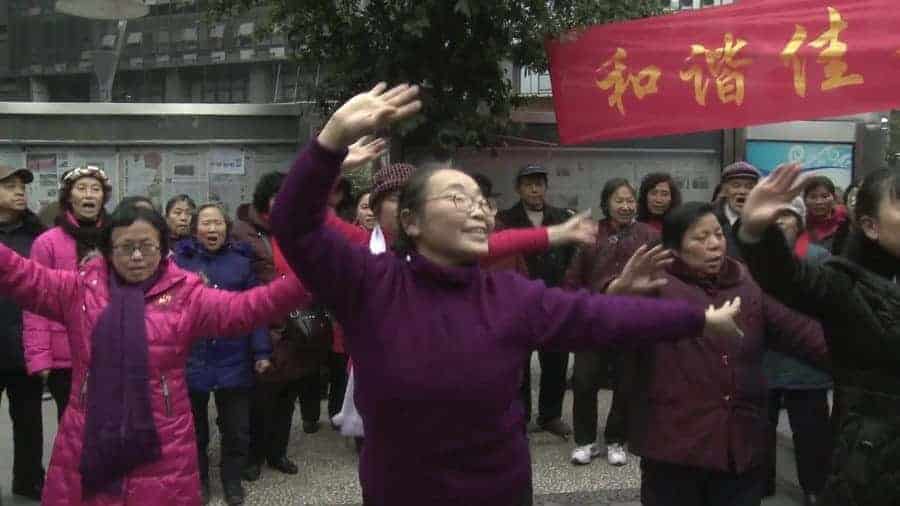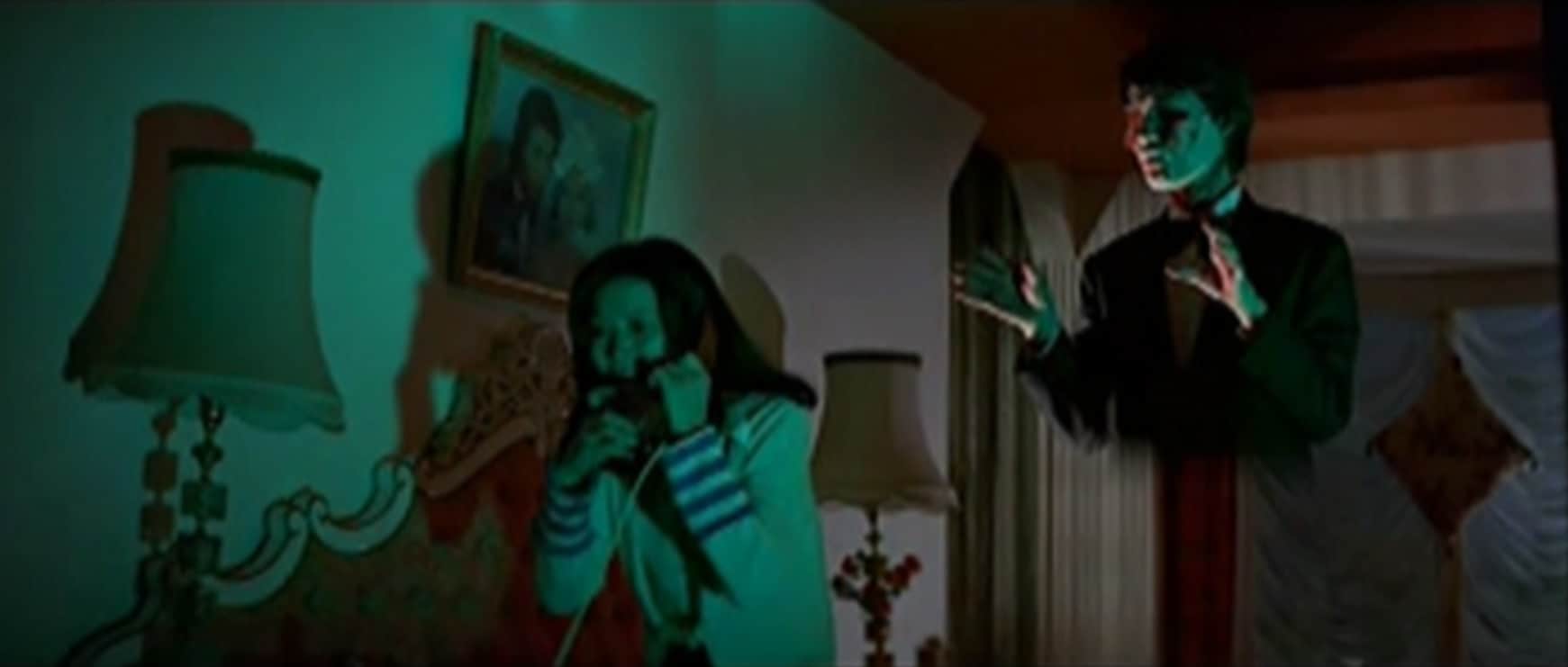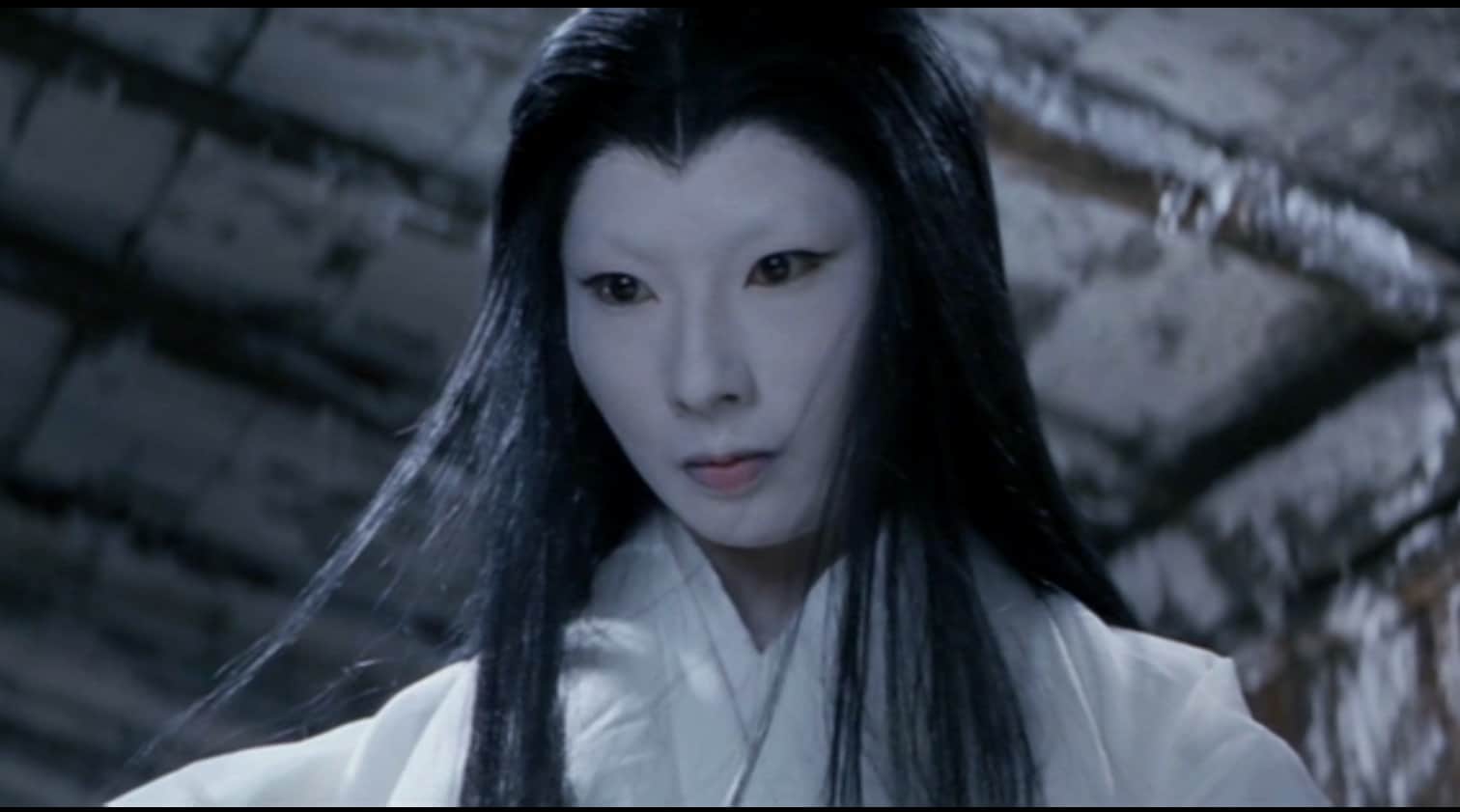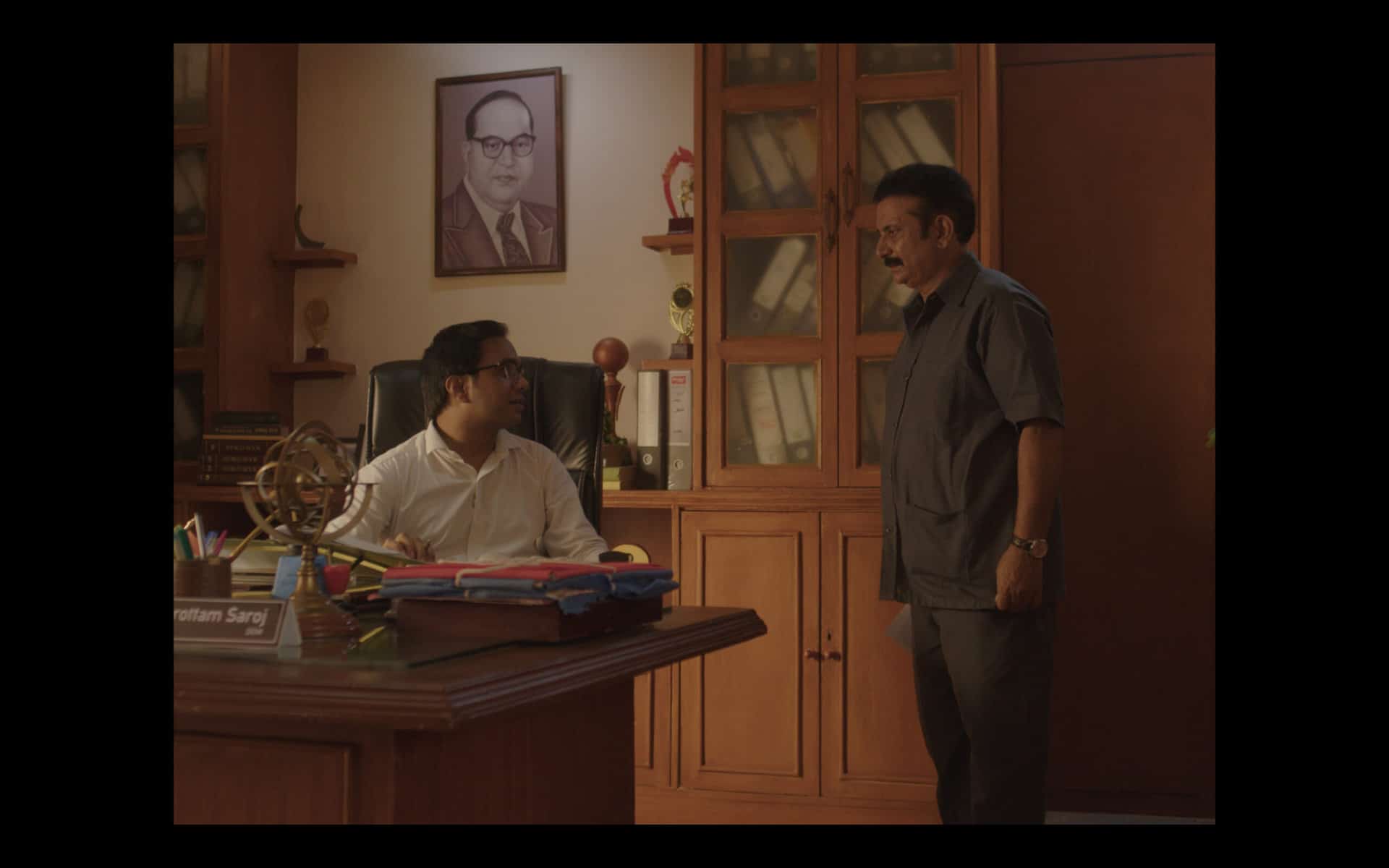Move aside, Billie Eilish; it's time for Anita to take back the stage. Lok Man Leung's “Anita” delivers a loving tribute to Anita Mui — legendary Cantopop singer, actress, and activist. Much like Eilish, Mui too had a seamless start to her career. After years of performing on the streets, Mui underwent a fateful vocal cord surgery that lowered her pitch by an octave. Mui's new voice charmed audiences though – and she skyrocketed to fame by winning the New Talent Singing Awards at the tender age of 19. She then polished her baritone pitch and outfits with Cantopop factory Capital Artists and fashion heavyweight Eddie Lau. She collaborated with movie icons too – like Stanley Kwan, Leslie Cheung, and Maggie Cheung, to name a few – in her first forays into the film industry. By the age of twenty-six, she already reaped the coveted markers of success in both music and movies: concerts in the Hong Kong Coliseum and the 1988 Seoul Olympics, the Best Actress award at the Golden Horse Awards, and widespread recognition throughout Southeast Asia. One sold-out performance abroad sums her up as the“Madonna of the East” — a suitable pseudonym for this Hong Kong superstar.
“Anita” is screening at SDAFF Spring Showcase
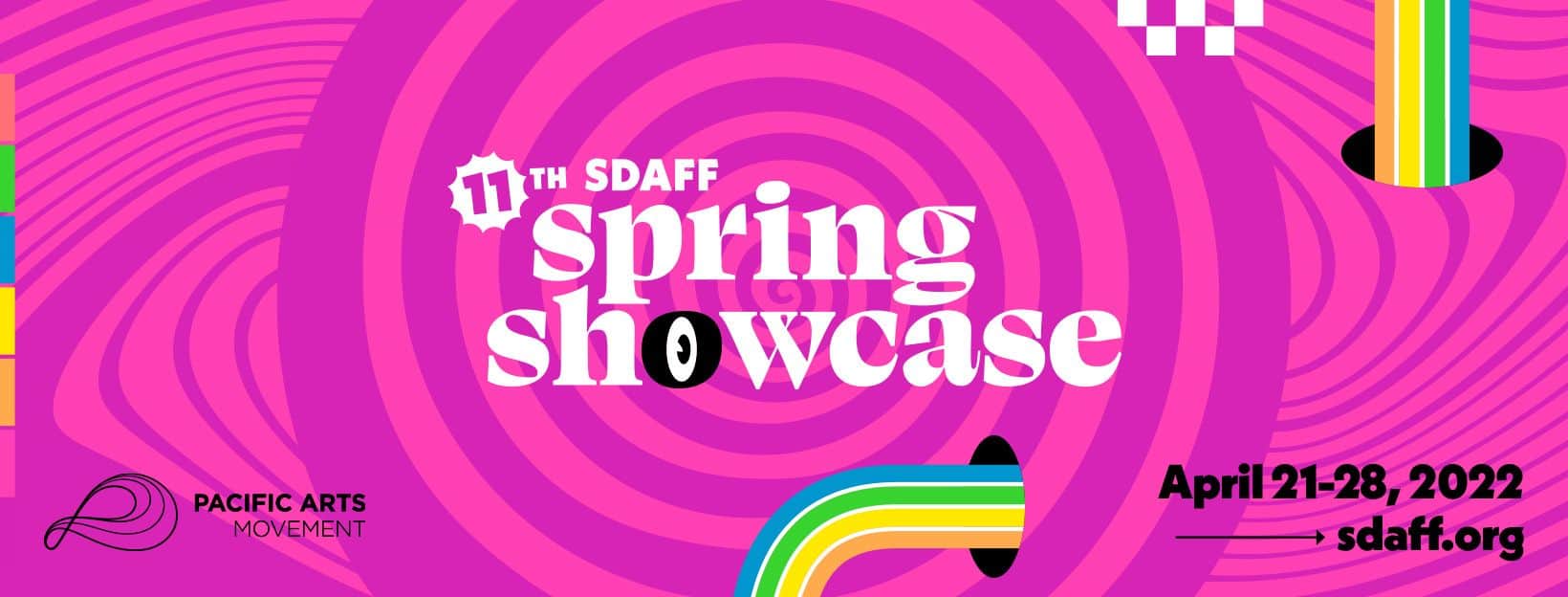
Lok Man Leung's attempt to revivify Mui's charismatic presence, then, seems like a behemoth task. To help him manage her mammoth career, he breaks down the film into Mui's relationships. First, “Anita” explores the Ann (Fish Liew) and Anita's (Louise Wong) elementary street performances in music halls and Lai Chi Chok Amusement Park. Then, the film moves into Anita's friendship with budding co-star Leslie Cheung (Terrance Lau Chun-him) at Capital Records. Until now, her career seems smooth – until she meets Godo Yuki (Ayumu Nakajima), a formal stand-in for her starry-eyed relationship with Kondo Masahiko. Romantic scandals and loneliness plague her afterwards, until a brief exile in Thailand convinces her to do more charity back home. In the twilight of her career, “Anita” rapturously captures Mui's rebellious resilience against her futile battle with cervical cancer.
The chronological nature of “Anita” spells out an ode not just to Mui, but to Hong Kong as well. Lok Man Leung celebrates Hong Kong's gilded age through Mui's life, lovingly tracking the height of HK cinema and cantopop. The latter half of the film somberly ponders the changing times, however. The city-states 1997 handover foreshadows the city's present-day protests; the 2003 SARS outbreak a timely reminder of today's pandemic. In all of this, however, the film suggests that Mui is a figural metonymy for the city she loved most. The “Daughter of Hong Kong” represents not just her hometown, but her resilience as well.
Lok Man Leung's approach to Mui is admirable but frictionless. In an effort to glorify Mui's image, the star is presented as a rose without thorns – clipping away Mui's raw beauty in the process. Perhaps this begins with the film's protagonist. Purportedly, the crew spent three years scouting for their lead before inviting Louise Wong for her first acting role. While Wong indeed appears as Mui's stunning lookalike (they've got the same noses!), Wong seems confused. Her performance is largely static from the moment she steps on screen to her character's dying breaths; her face moves seldom like her heavily hairsprayed ‘dos. The effort to look photogenic supercedes Mui's famously wild and playful spirit. This inability to crack makes it difficult to sympathize with her, then, through all of her love and loss.
The onus of looking too beautiful is not entirely on Wong, however. In fact, the film's entire direction is geared towards the plastic over the raw. It's even ironic, even, when at one point Wong and Lau lie down together to prepare for a film shoot. An extra in the back furiously wipes the dust off of the bedpost; Wong and Lau seem almost statuesque in clothes ironed stiff. An indulgent wardrobe (hats off to Ka Yan Yip's interpretations of Eddie Lau's work), an excess of CGI recreations, and lush lighting gives way to a completely spotless version of Anita Mui. In this film, she is pristinely perfect: always professionally blocked and ready to photograph on the go.
Within this vein, there are notable omissions within the film as well. Lok Man Leung does not include more of Mui's more politically sensitive actions, like her blatant involvement in local pro-democracy movements and 1989 Tiananmen Square protests. Mui's more fraught biographical details — like her mother and brother's vulturish tendencies — are likewise excluded. The film's editing team skims over these through its dreamlike stitching: Anita's life is not divided by time through fades or blurs, but by locations instead. And, of course, for each emotionally-charged moment, Mui's voice warbles on. In the spirit of a musical biopic a la “Bohemian Rhapsody,” any sense of internal turmoil is smoothed over by another hit pop song.
Taken all together though, “Anita” is certainly a nostalgic watch. For those familiar with Anita Mui, this film is sure to induce tears; for those more with the Hong Kong cinema, Mui's celebrity connections are sure to please. In this way, “Anita” aptly captures Mui's brilliant life of forty years: of excitement, loss, and change, but most importantly of hope as well. It is no wonder that this film premiered as the closing act of this year's Busan Film Festival. It tearfully commemorates all that has happened… but it also encourages Hong Kongers to have faith in what is to come.




